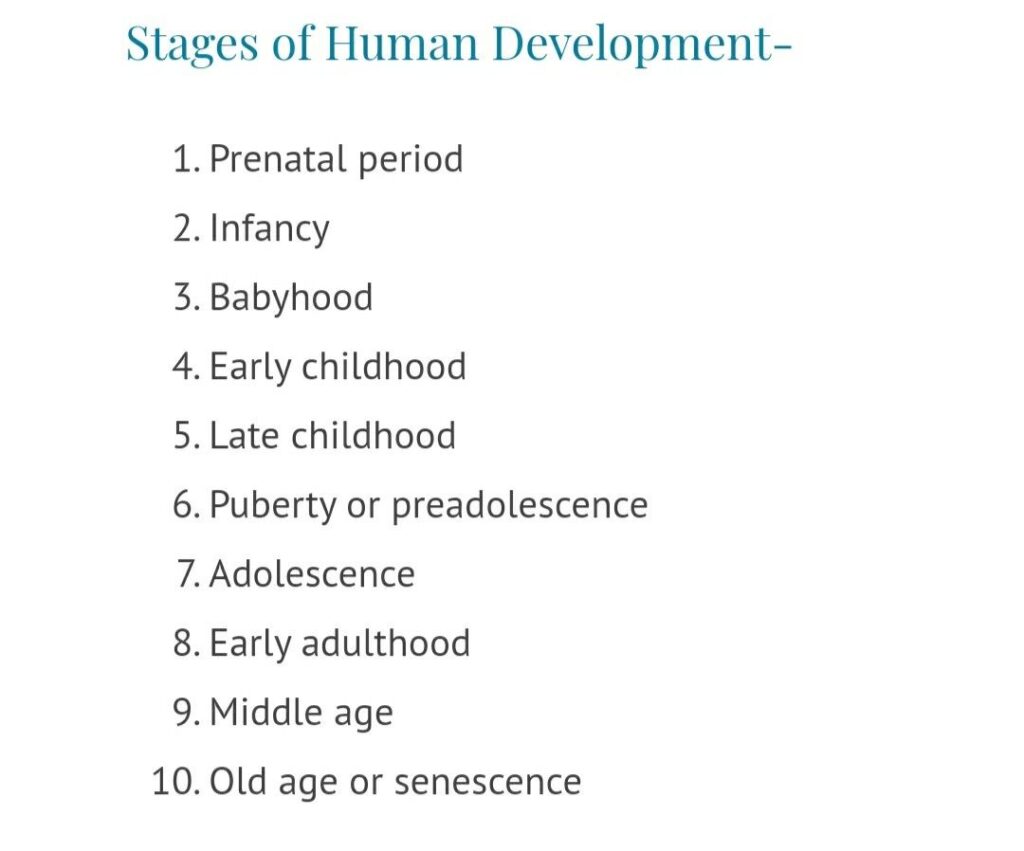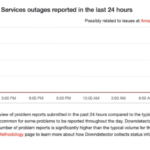Adolescence is the transitional phase between childhood and adulthood. These stage presents unique challenges and opportunities for both parents and children. To navigate this critical period effectively, a balanced and adaptable approach to parenting adolescents is essential.

There isn’t a one-size-fits-all “best” parenting style for adolescents because what works best can vary depending on the individual needs, personality, and circumstances of both the adolescent and the parents. However, research and expert opinion suggest that a balanced and adaptable approach tends to be effective during the transition years from teenage to adulthood. This approach often combines elements of different parenting styles, such as;
Authoritative Parenting. This type of parenting is characterized by setting clear boundaries and rules while being responsive and supportive of the child. Parents provide structure and guidance while allowing for open communication and independence.
Active Listening. This factor cuts across all levels of parenting, adolescents often have strong opinions and emotions. Being an active listener and showing empathy can help them feel understood and supported. Try to maintain open lines of communication and engage in conversations without immediately offering solutions or judgments
Positive Reinforcement. Acknowledge and reward positive behaviors and achievements. Adolescents respond well to praise and encouragement.
Consistency. Be consistent in your expectations and consequences. Adolescents need to know what to expect, and consistency can help them feel secure. consistency in parenting provides stability, teaches important life lessons, promotes fairness, and helps build trust. It reduces confusion and power struggles, supports emotional regulations, and ultimately contributes to a healthier and more secure parent-child relationship during the challenging adolescent years.
Respect for Autonomy. As adolescents strive for independence, it is important to respect their growing autonomy. Encourage them to make age-appropriate decisions and learn from their experiences. It supports their personal growth, fosters responsibility, builds trust, enhances communication, and helps them navigate the path to adulthood. It’s a delicate balance between providing guidance and giving space for self-discovery and development.
READ ALSO: The Ideal Career: Best Fulfilling and Engaging Job Options
Model Good Behavior. Adolescents often learn by example. Demonstrating the behavior and values you want to instill in your child is a powerful way to teach them. It provides them with tangible examples of behaviors, attitudes, and values you want to instill in them. Your consistent demonstration of these qualities can have a profound impact on their development and help them shape them into responsible, ethical, and well-adjusted individuals. It reinforces the idea that actions speak louder than words, and it strengthens the connections between the values you hold and the way you live your life.
Open Communication. It is a vital tool for building a strong and supportive parent-child relationship during adolescence. It fosters trust, emotional expression, problem-solving, and empathy. It also empowers adolescents to make informed decisions and helps them navigate the complexities of this development stage. Therefore, encouraging your child to express themselves without fear of judgment creates a nurturing and safe space for growth and development.
Note that, the teenage years are full of growth and change for adolescents and parents alike. Adjusting parenting approaches to balance freedom with guidance will help teens navigate this transition successfully. The key is open communication, respect, and unconditional support to your child.






